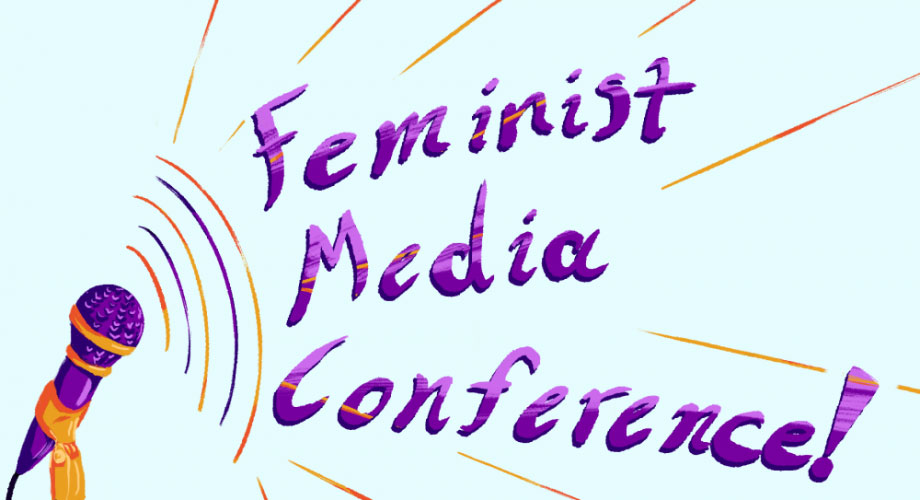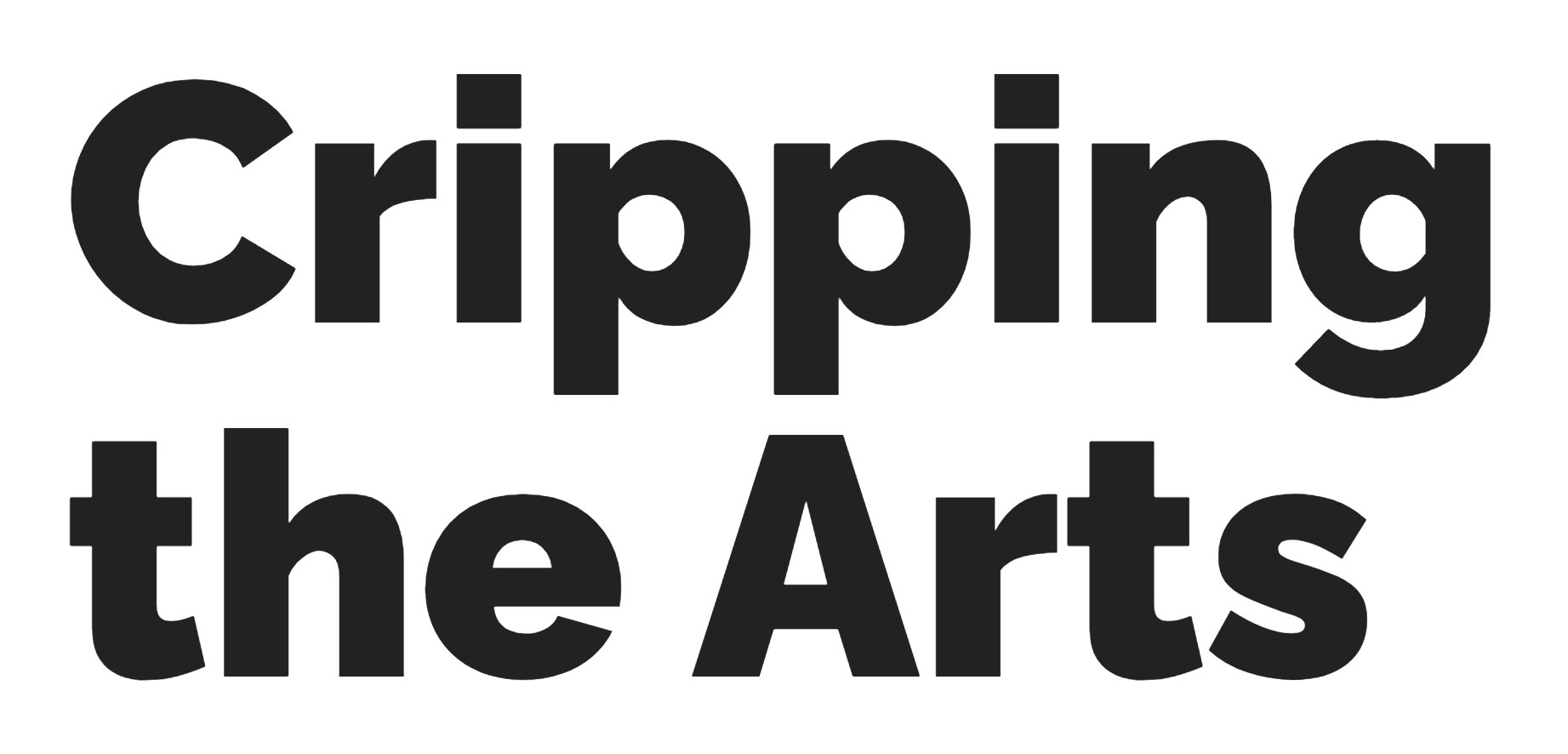
Accessibility for
REAL TIME EVENTS
Education, Conferences & Festivals
Accessible Conferences
Image: A close up of a person writing in a noteBook.
Overview
Conferences are places to share and exchange knowledge, engage in academic discourse, challenge norms, and build community. They often take place over a period of days, with presentations grouped into similar (or contrasting) themes, providing a well-rounded conversation on the topics at hand. Presentations can be video based, offer elements of live performance, or be as simple as an audio presentation.
As mentioned in previous modules, accessibility means different things to different people - the intersections of identity in disability cannot be diminished. When it comes to conferences, transcripts can be prepared ahead of time for the papers or pre-written materials, however, roundtables discussions or questions that have not been pre-written cannot be shared in advance.
Developing an Understanding
Knowing how to organize an accessible and inclusive conference can be a challenge if you are not familiar with accessibility issues for disabled people. The Accessibility for Ontarians with Disabilities Act (AODA) is working to make Ontario the most accessible province in Canada by 2025. This legislation requires organizations and businesses to be responsible for a new level of accessibility in five areas: customer service, information and communications, employment, transportation, and the built environment. These standards apply to conferences and other such real time events (Planning Guide for Accessible Conferences, 2021).
When planning a conference, it is important to remember that disabled people might have specific needs, and that everyone is different. A one-size-fits-all approach is not as inclusive as addressing individual requirements. If you prepare with an open awareness and concern for the different needs of participants, you can organize an accessible conference. Hire and include disabled people on your planning committee and invite participants to tell you what they need and how you can help as early as possible in the planning process. An accessible conference requires a willingness to make last minute changes to eliminate barriers to accessibility (Planning Guide for Accessible Conferences, 2021).
The COVID-19 pandemic has digitized media spaces and sites of convergence such as conferences. In the absence of in-person gathering, conferences have become exclusively an online event. Zoom has emerged as one of the preferred online platforms for conference presentations, offering a way for attendees and presenters to share ideas from the comfort of their own homes.
Image: A Planning Guide for Accessible Conferences book cover.

The Council of Ontario Universities opens in new window put together a planning guide with practical information on how to identify, remove and prevent barriers to accessibility when planning a conference with a handy checklist and a robust resources section.
Deepening your Understanding

Illustration: Saul Freedman-Lawson
The Shameless Magazine 2021 Talking Back Feminist Media Conference opens in new window theme was Feminist Media as Social Justice. The conference, held virtually on Zoom, was a space to collaborate, co-create, imagine, celebrate, scheme, and dream about the radical potential of feminist media as it relates to building a better and more just world. Live captioning and ASL interpreters were available for all sessions and a number of presentations were about accessibility and media (Shameless, 2021).
Access is Love: Making Your Digital Media Accessible was presented by Julia Métraux opens in new window (she/her) who guided participants through different tools to use for making a website accessible, the importance of ensuring access needs are met during interviews, and how writing in plain language is one of the keys to accessible journalism (Shameless, 2021).
The Door’s Still Closed: Addressing Ableism and Accessibility in Progressive Spaces, presented by Denise Reich opens in new window (she/her), asked - how can we foster accessibility in feminist spaces and media? What specific actions have alienated disabled participants? What specific actions and attitudes would make spaces more accessible? - and discussed how make your spaces, events, and media more accessible (Shameless, 2021).

Spotlight: Cripping the Arts

Cripping the Arts opens in new window (CTA) was a three-day international symposium held by the School of Disability Studies at Toronto Metropolitan University opens in new window, British Council opens in new window, Creative Connector opens in new window, and Tangled Art + Disability opens in new window in January 2019 at Harbourfront Centre in Toronto. CTA gathered people who share a belief that Deaf, disability, and mad arts and activism change how we understand difference, and how we create and experience art and culture. The symposium included panel discussions, workshops, art, and performances by disabled artists, academics and activists who unpacked the some of the ways in which Deaf, mad and disability arts open new possibilities for Canada’s art sector and, more broadly, for disability rights and justice (Cripping the Arts, 2019).
Cripping the Arts opens in new window featured innovative models of accessibility practices. In addition to taking place in a wheelchair accessible venue, the conference featured ASL interpretation, live captioning and transcription, a live audio describer, attendant care, an access team to help with accessibility needs, and a quiet space on site. The organizing team put together a comprehensive Access Guide opens in new window that outlined accessible features but also what the venue looked like, how to get there, how to use accessible transit to get there, what to expect when you arrive.
The team worked with Sol Express opens in new window, a creative and performance arts program for people labelled with intellectual disabilities on how to best to express words, language, and concepts. The plain language guide includes photography of the venue, symbols to convey additional meaning, a question-and-answer format, and a glossary of terms (Toronto Metropolitan University, 2019).
This short documentary opens in new window highlights some of the memorable moments from the event.

Cripping the Arts access guide describes in pictures and words the location of the conference, how to get there, what to expect, accessibility, and a glossary of terms.




